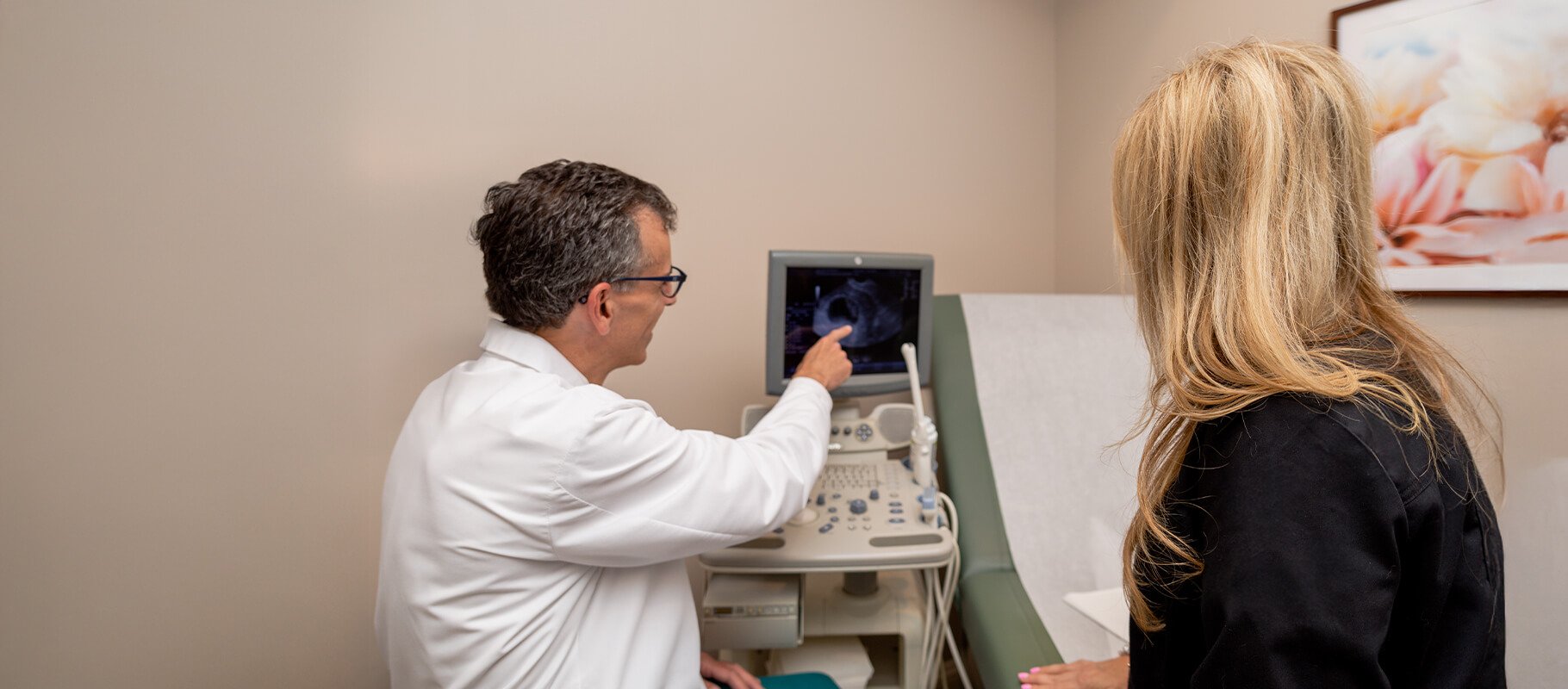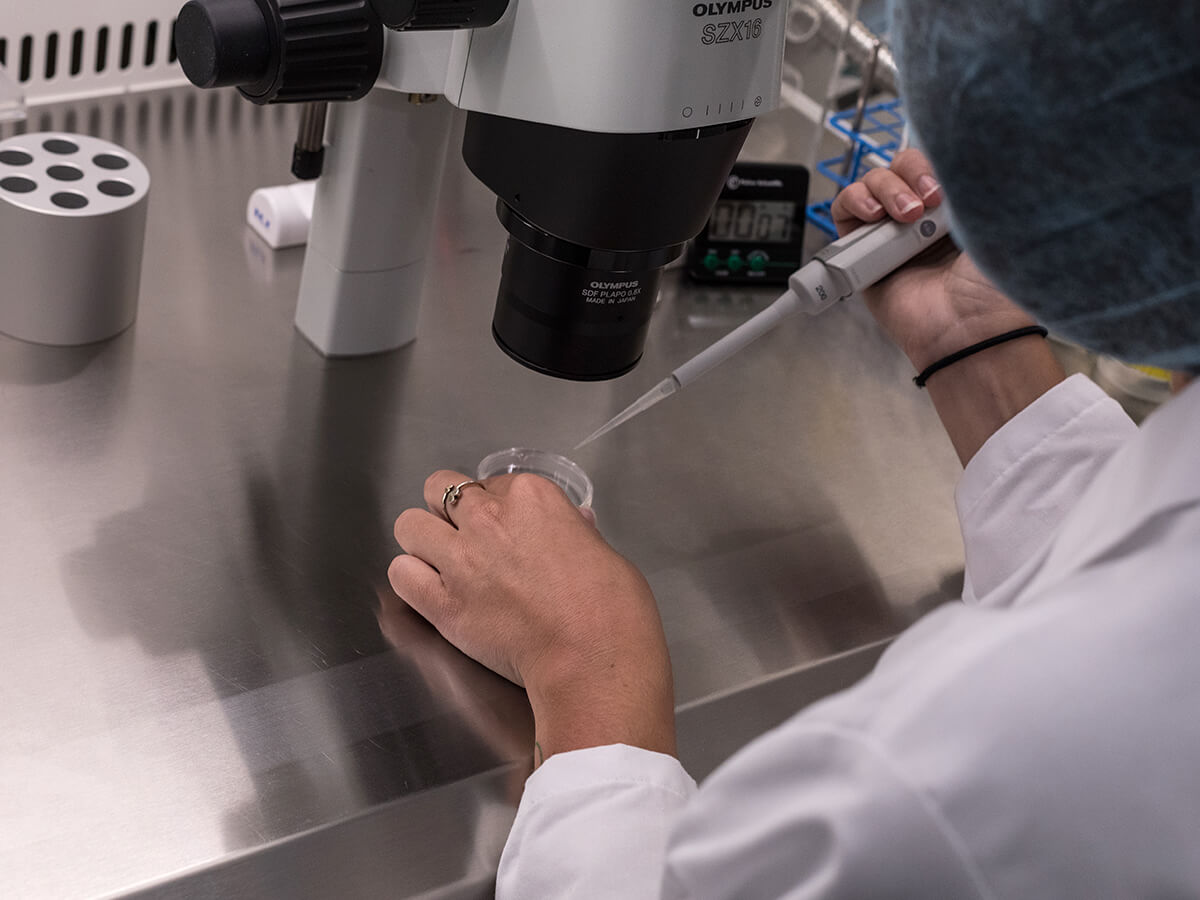Ovulation Induction (OI) & Intrauterine Insemination (IUI) treatment in Long Island
Which fertility treatment your physician recommends greatly depends on the cause of your infertility. Before starting more advanced treatments such as In vitro fertilization (IVF) your physician may begin with a cycle of ovulation induction (OI), intrauterine insemination (IUI), or a combination of both.
Ovulation Induction (OI)
Irregular or abnormal ovulation accounts for approximately 25% of all female infertility problems. If a woman ovulates irregularly or does not ovulate at all (anovulatory) a cycle of ovulation induction may be used to help regulate ovulation or to help produce multiple eggs for a higher likelihood of becoming pregnant. Oral and injectable medication may be prescribed to induce ovulation. Your physician will discuss which medications and treatment plan is the best fit for your personal diagnosis.
Commonly Prescribed Medications
Oral Medication
- Clomiphene citrate (Clomid or Serophene)
Injectable Medication
- Gonadotropins
- Menopur
- Gonal-f
- Follistim
- Letrozol (Femara)
- GnRH (Lupron)
Many patients get nervous at the thought of having to use injectable medications, but your team at New York Reproductive Wellness will guide you through each step of the way. Your team will provide you with an in-person training session, online videos for at-home use, and are always just a call away to assist.
What is intrauterine Insemination (IUI)?
Intrauterine insemination (IUI or artificial insemination) is a procedure where sperm (from a partner or donor) is directly placed into a woman’s uterine cavity via a small catheter. It is common for your physician to pair ovulation induction with a cycle of intrauterine insemination (IUI). It is not uncommon for 3-6 IUI cycles to be performed before moving on to a more advanced treatment option such as in vitro fertilization (IVF). In fact, some insurance providers will require that patients undergo a certain number of IUI cycles before approving IVF.









